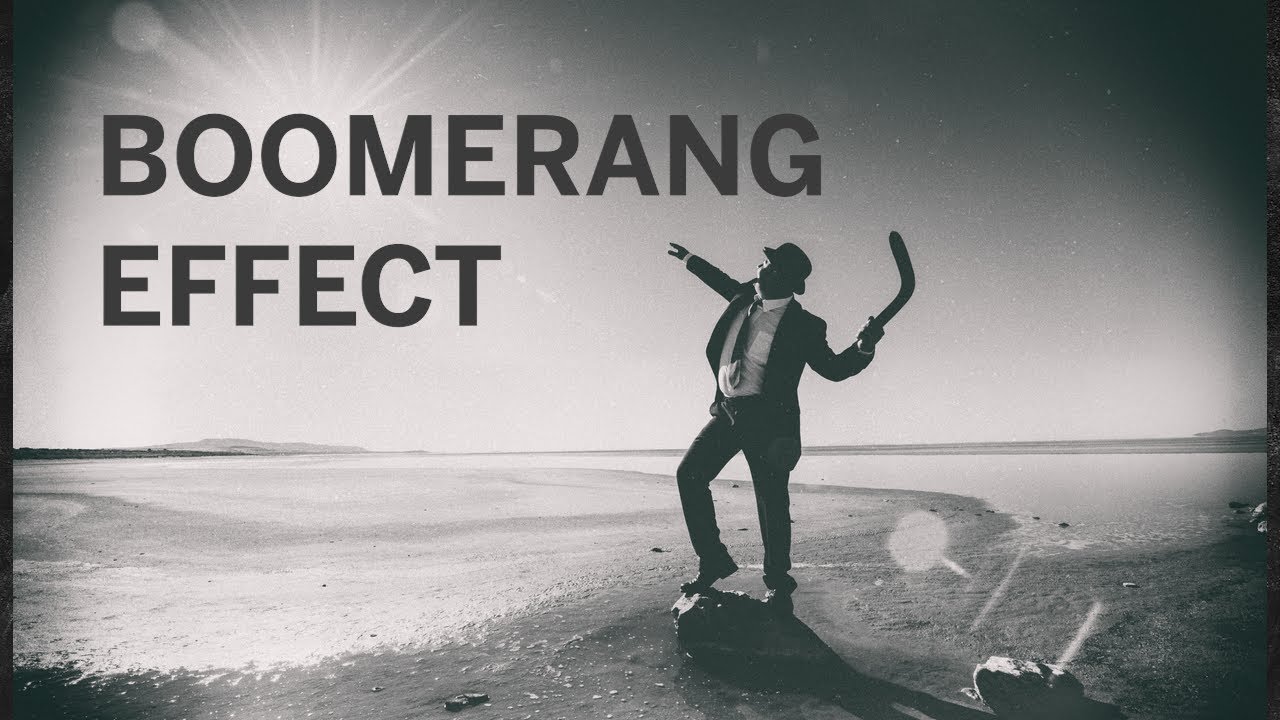The “Boomerang Effect”

As you know, I initiated a composting program at my high school. I thought that confronting the school board was hard, but working with my peers was a whole different ball game. A large component of the work of Students Advocating for a Greener Environment had to do with the behavioral components of sustainability, which led to the consideration of norms and how they influence student behavior. In our experience, we found that descriptive norms (e.g., discussing how other students recycle or compost) could sometimes have the reverse effect.
This led to some frustrating, but comical scenarios in which my peers found it funny to do the exact opposite of what we were asking them to do. This scenario most closely resembles the boomerang effect, a social psychological concept that occurs when descriptive norms make an undesirable behavior more likely than it previously was.
One of the best moments was when we demonstrated to students how to avoid contaminating the recycling with liquids and their respective cartons. A student then proceeded to look at me dead on, poured his milk into my recycling bin, and threw the milk carton into the trash with an aggression like no other. Case in point. The boomerang effect is quite the threat to behavior change.
At this point, I would have loved to have the social psychological knowledge about injunctive norms – norms that ___ . Had I known that injunctive norms are more effective than descriptive norms, I could have probably saved myself the milk incident.
Another obstacle to student behavior is perceived powerlessness when it comes to sustainability. Issues related to sustainability can feel rather daunting at times, contributing to a feeling of helplessness among individuals. There is, however, a danger to everyone viewing their individual actions as harmless, as these small acts add up quickly. Therefore, it is vital to work on debunking the idea that individuals can’t make a difference, which begins with an understanding of perceived powerlessness. It is my hope that this social psychological knowledge can raise awareness and leave students feeling empowered to make a difference in their community knowing that they are contributing to a much greater cause.
0 Comments